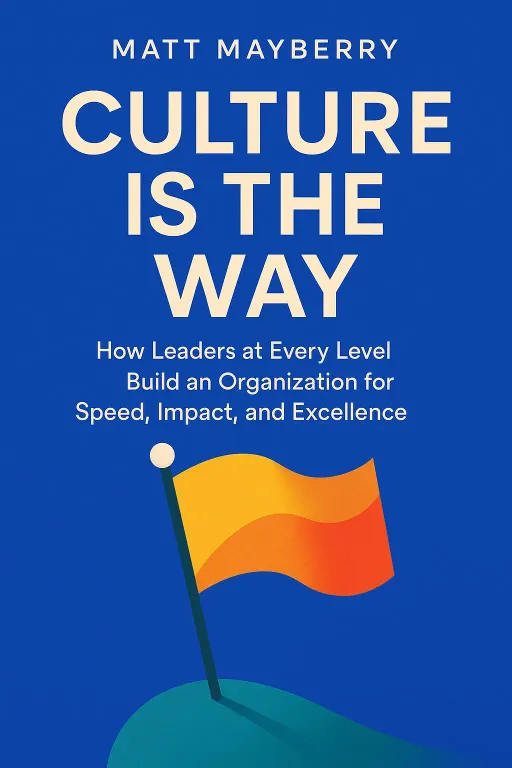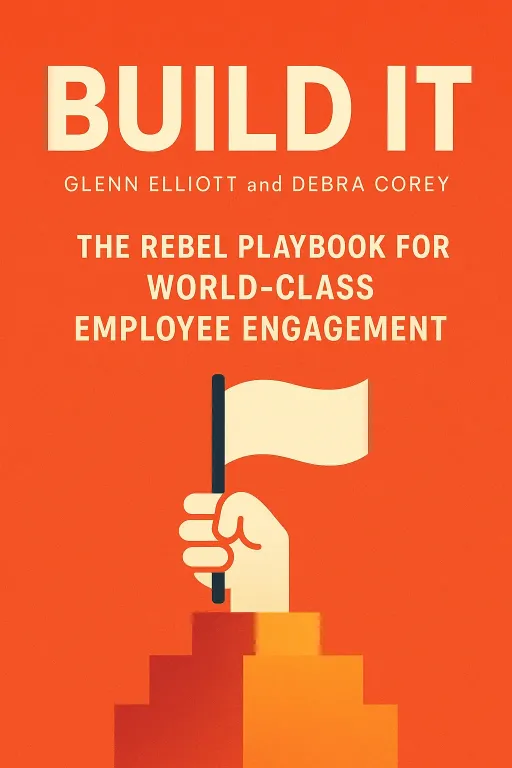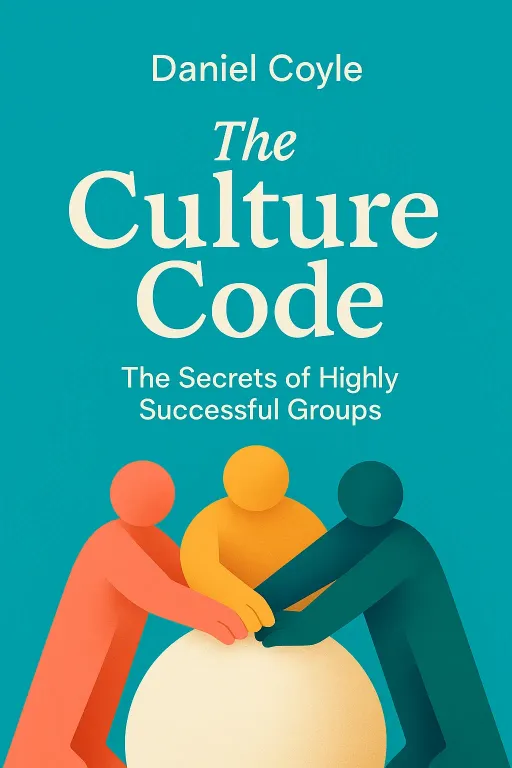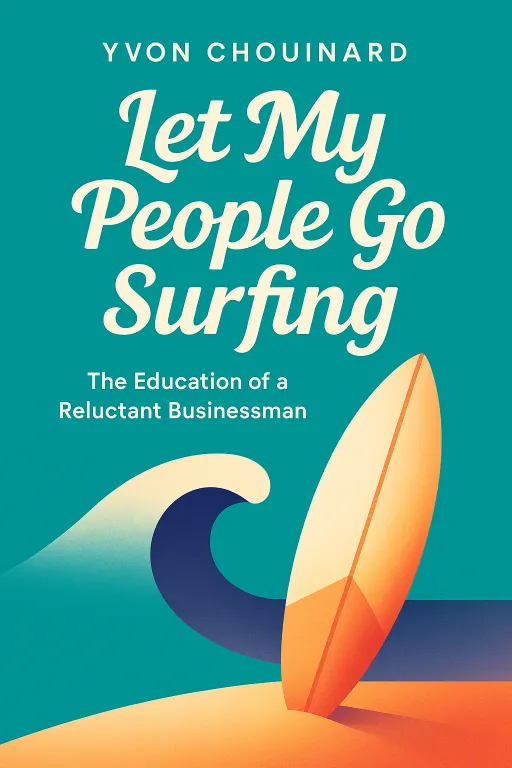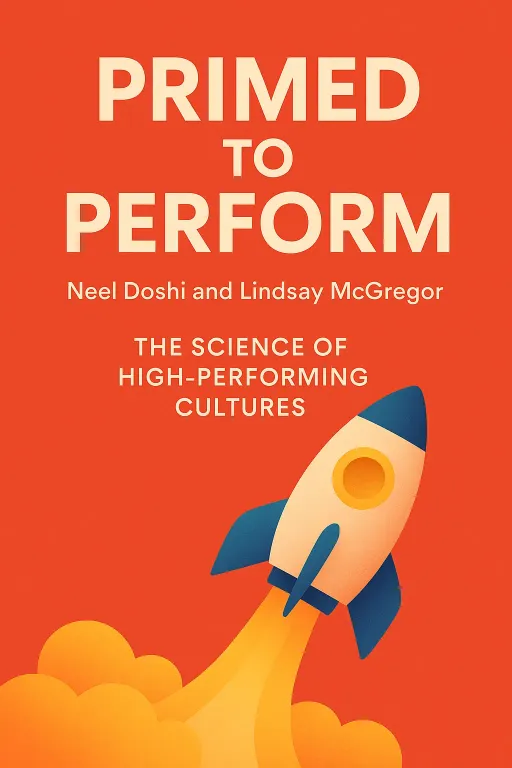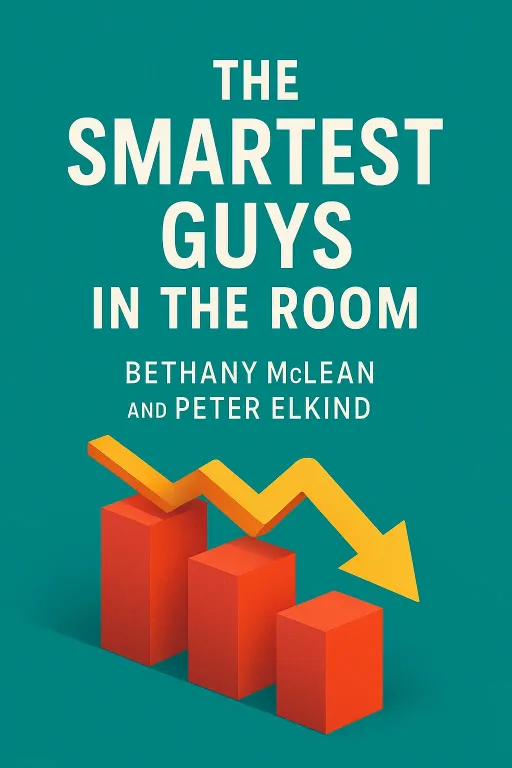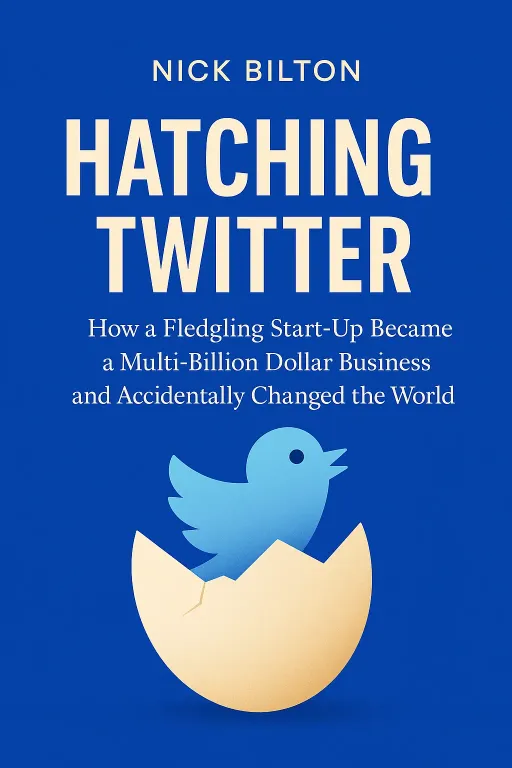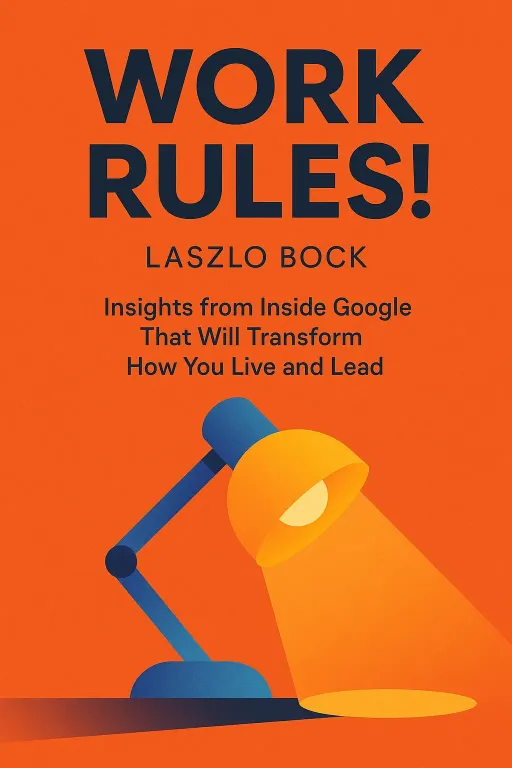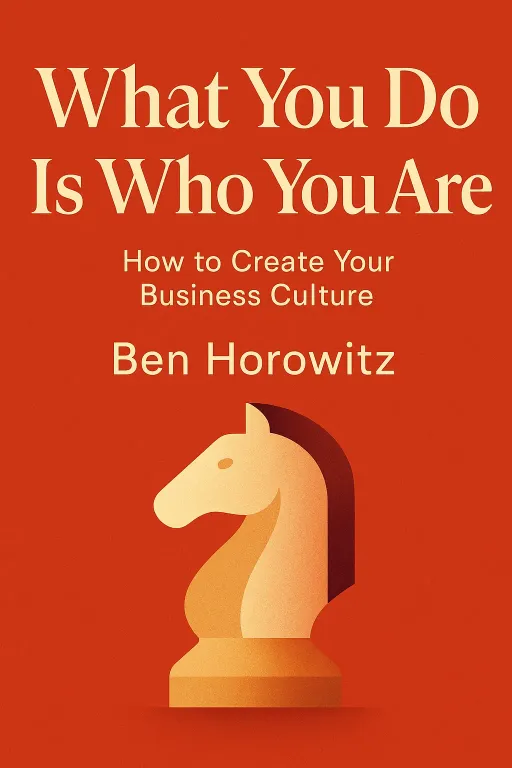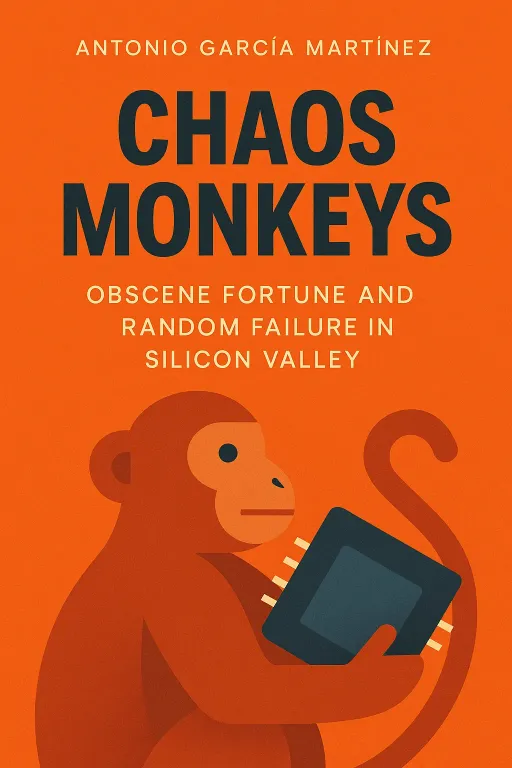
Betting on Corporate Death
12 minObscene Fortune and Random Failure in Silicon Valley
Golden Hook & Introduction
SECTION
Michelle: Alright Mark, I'm going to say the title of a book, and I want your gut-reaction, one-liner review. Mark: Lay it on me. I'm ready. Michelle: Chaos Monkeys: Obscene Fortune and Random Failure in Silicon Valley. Mark: Sounds like a documentary about my last attempt at day trading. Michelle: (Laughs) You are not far off at all. Today we are diving into Chaos Monkeys by Antonio García Martínez, and it’s one of the most brutally honest and controversial books ever written about the tech world. Mark: I’m already intrigued. The title alone has a certain… chaotic energy. Michelle: It’s perfect, because the author himself is this fascinating character. Get this: he has a PhD in physics from Berkeley, went to work as a quantitative strategist at Goldman Sachs right through the 2008 financial crisis, and then jumped ship to found a tech startup. Mark: Wait, from physics to Wall Street to a startup? That's a resume that screams 'I make questionable but interesting life choices.' Michelle: Exactly! And that’s why the book is so polarizing. It’s written in this wild, gonzo journalism style. Many readers and critics praise its raw honesty, but others find the author's voice abrasive, egotistical, and even offensive. Mark: So he’s an unreliable narrator telling us the real story. I love it. It’s not a sanitized TED Talk, it’s a dispatch from the trenches. Michelle: A dispatch from the trenches is the perfect way to put it. And he starts by making a very provocative claim: that Wall Street and Silicon Valley are basically siblings raised by the same dysfunctional parent—pure, amoral capitalism.
The Brutal Reality of Startup Culture: From Wall Street to Silicon Valley
SECTION
Mark: Okay, I can see the greed parallel, but the cultures feel so different. One is suits and ties, the other is hoodies and ping-pong tables. Michelle: That’s the surface. Underneath, García Martínez argues, they run on the exact same operating system: a relentless, almost pathological drive to find an edge, to quantify everything, and to win at all costs. He has this incredible story from his time at Goldman Sachs that perfectly captures this. Mark: Please tell me it involves throwing phones. Michelle: Even better. It involves a White Castle burger-eating contest. On the trading floor. Mark: No. Come on. Michelle: Yes. He describes a managing director, a guy named Alan Brazil, who just decides one day to hold a competitive eating contest during work hours. He’s rationing out these little White Castle sliders like they’re munitions, and all the traders and analysts are placing over/under bets on who can eat the most in an hour without… well, you know. Mark: They did this during trading hours?! While managing billions of dollars? Michelle: That's the point! The entire floor, this hub of global finance, just stops to watch a young analyst use a special Japanese eating technique, dunking the buns in water to eat them faster, while a female intern from Princeton shocks everyone by keeping pace with him. The whole place smells like a deep fryer for the rest of the day. Mark: That is beautifully absurd. So it's high-finance meets frat house antics. But how does this connect to the tech world? It just sounds like Wall Street being Wall Street. Michelle: Because it reveals the core cultural DNA. It’s about the impulse to turn everything into a quantifiable, monetizable game. It’s not just about money; it’s about the win. The author has this chilling line about his specific job in credit trading. He says, "In credit land, there were only ever funerals, no weddings or baby showers." His job was literally to bet on corporate death. Mark: Wow. So you’re not betting on a company to succeed, you’re betting on it to fail. It’s like buying fire insurance on your neighbor’s house and then hoping it burns down. Michelle: Precisely. And that cynical, data-driven, and morally flexible mindset is exactly what he argues is the engine of Silicon Valley. He just traded betting on corporate death for betting on a different, more abstract commodity. Mark: And what was that? Michelle: Human attention.
The Human Attention Exchange: How Your Clicks Became the New Gold
SECTION
Mark: Okay, so he leaves the 'funerals' of Wall Street and jumps into the supposedly bright, optimistic world of tech. But it sounds like he just found a different kind of graveyard. Michelle: He absolutely did. He leaves Goldman and, after a stint at a failing startup called Adchemy, he and two colleagues decide to start their own company, AdGrok. And their whole world becomes about this concept he calls the 'Human Attention Exchange.' Mark: That sounds vaguely dystopian. Break that down for me. What actually happens in the milliseconds after I click on a website? Michelle: It’s an auction. A lightning-fast, fully automated auction. Every single time you load a webpage that has an ad on it, your presence on that page is put up for sale. Advertisers, through their computer programs, bid against each other in real-time for the right to show you, specifically you, an ad in that slot. Mark: So my eyeballs are a commodity being traded faster than I can even blink. Michelle: Exactly. And the company that wins the bid gets to put their ad in front of you. This is called Real-Time Bidding, or RTB, and it’s the engine of the modern internet economy. García Martínez and his co-founders wanted to build a tool to help small businesses compete in these auctions. Mark: That sounds like a solid idea. But I’m guessing it wasn’t that simple. Michelle: Not at all. This is where he introduces what he calls the 'miracle test' for any startup idea. He says you should ask yourself: How many miracles have to happen for this to succeed? A great startup usually only needs one—one technological breakthrough, or one major shift in consumer behavior. If you need two or more, you're probably doomed. Mark: I love that. It’s a fantastic mental model. So what happened with their startup, AdGrok? Michelle: They get into the legendary startup accelerator, Y Combinator. The book’s description of the YC interview is incredible. It’s not a polite chat; it’s a ten-minute, rapid-fire interrogation by the partners. They don’t care about your polished pitch; they want to see if you can think on your feet, if you have the grit to survive. They’re betting on the team, not the idea. Mark: Because the idea will probably change a dozen times anyway. Michelle: Exactly. It’s a process designed to find the founders who know how to swim, because the ship is almost guaranteed to start sinking at some point. And for them, it sinks spectacularly. They have a successful Demo Day, where they pitch their company to all of Silicon Valley's top investors. They're on top of the world, celebrating that night. And then the phone rings. Mark: Oh no. Michelle: It’s their lawyer. Their previous employer, Adchemy, is suing them. Personally. For misappropriation of trade secrets, breach of contract, the works. Mark: That is the ultimate nightmare scenario! It’s like getting dumped at your own wedding reception. What were they even suing for? Stealing ideas? Breathing the same air? Michelle: Pretty much. It was a classic hardball tactic to crush a potential competitor. And it highlights another dark side of the Valley he exposes: the exploitation of the H-1B visa system. One of his co-founders, Argyris, was Greek and on a visa tied to Adchemy. The company basically threatened him with deportation if he didn't abandon the new startup. Mark: That’s just evil. What did he do? Michelle: He found a loophole. His girlfriend was a PhD student at Stanford, so he married her in a quick civil ceremony to get a dependent visa. He basically had to get married to keep his startup dream alive. It’s a perfect example of the chaos and desperation that defines so much of the startup journey. Michelle: And surviving that lawsuit, that trial by fire, is what ultimately catapults him into the belly of the beast: Facebook, right before its massive IPO.
Inside the Facebook Machine: Power, Politics, and the Price of Growth
SECTION
Mark: Okay, so he goes from a tiny, scrappy startup fighting for its life to the biggest social network on the planet. That must have been some serious culture shock. Michelle: It was, and the book gives us this incredible front-row seat to the inner workings of Facebook at a pivotal moment in its history. The prologue of the book is maybe the most telling story. It’s April 2012, just before the IPO. Facebook's revenue growth is slowing down, and Wall Street is getting nervous. The pressure is immense. Mark: The "move fast and break things" era. Michelle: The peak of it. So García Martínez, now a Product Manager on the Ads team, is in a meeting with the two most powerful people at the company: Mark Zuckerberg and Sheryl Sandberg. The conference room is, ironically, named 'Only Good News.' Mark: (Laughs) Of course it is. The corporate equivalent of putting your fingers in your ears and singing. Michelle: Totally. And the Ads team is there to pitch three new, and frankly, pretty invasive, ad-targeting ideas. One of them involves using the data from every 'Like' button across the entire internet to track what you’re browsing, even when you’re not on Facebook, and then sell that data to advertisers. Mark: That feels… familiar. And creepy. Michelle: It’s the foundation of how so much of the internet works now. But here’s where it gets fascinating. After the presentation, Zuckerberg, who had been quiet the whole time, asks one simple, brutal question. He looks at the team and says, "So do we think using the plugin data will make us more money?" Mark: No beating around the bush. Just straight to the bottom line. Michelle: Right. And everyone expects the team to say, "Yes, absolutely, it's a goldmine!" But García Martínez, drawing on his experience, gives a surprising answer. He says, "I don’t think it would move the needle much, given recent experience." Mark: Wow, that took guts. Telling the emperor his new clothes are just okay. Michelle: And Zuckerberg’s reaction is what’s so revealing. He thinks for a second and then makes a snap decision that will shape the future of online privacy. He says, "You can do this,"—meaning the general idea of retargeting—"but don’t use the Like button." And just like that, the meeting is over. Mark: Wait, a decision worth billions, affecting the privacy of a billion people, was made just like that? Based on a gut feeling in a conference room named 'Only Good News'? Michelle: That’s the core insight of the book. We have this myth of tech giants as these hyper-rational, data-driven machines. But García Martínez shows us that at the highest levels, it’s not about spreadsheets. It's about power, politics, persuasion, and the gut instincts of a few key people. It’s deeply, flawedly human.
Synthesis & Takeaways
SECTION
Mark: So after all this—the Wall Street absurdity, the startup grind, the Facebook power plays—what's the big takeaway? Is Silicon Valley just a casino with better PR? Michelle: That's exactly what García Martínez argues. He calls it an "amoral farce in which every player—investor, employee, entrepreneur, consumer—is complicit." The 'chaos monkeys' of the title are the engineers and entrepreneurs, unleashed to disrupt systems, often with incredible skill but without any real moral compass. Mark: They’re just building the most efficient tool, and someone else can worry about the consequences. Michelle: Precisely. The book is a powerful, and at times uncomfortable, warning. It argues that the shiny iPhones and convenient apps we love are built on a foundation of obscene fortune, random failure, and a whole lot of moral compromise. It’s the story of how the sausage of our digital world gets made, and it’s not pretty. Mark: It really makes you look at that 'accept cookies' button a little differently. It's not just a button; it's a bid in an auction for your attention, a tiny cog in this massive machine of funerals and fortunes. Michelle: It really is. It’s a powerful and unsettling read, and it definitely challenges the heroic myths we’re often told about Silicon Valley. Mark: I can see why it’s so polarizing. It doesn’t offer easy answers or inspiration. It just shows you the chaos. Michelle: It does. We'd love to hear what you all think. Does this cynical view of Silicon Valley ring true to you, or is it just the jaded perspective of one man? Let us know your thoughts on our social channels. Mark: This is Aibrary, signing off.
